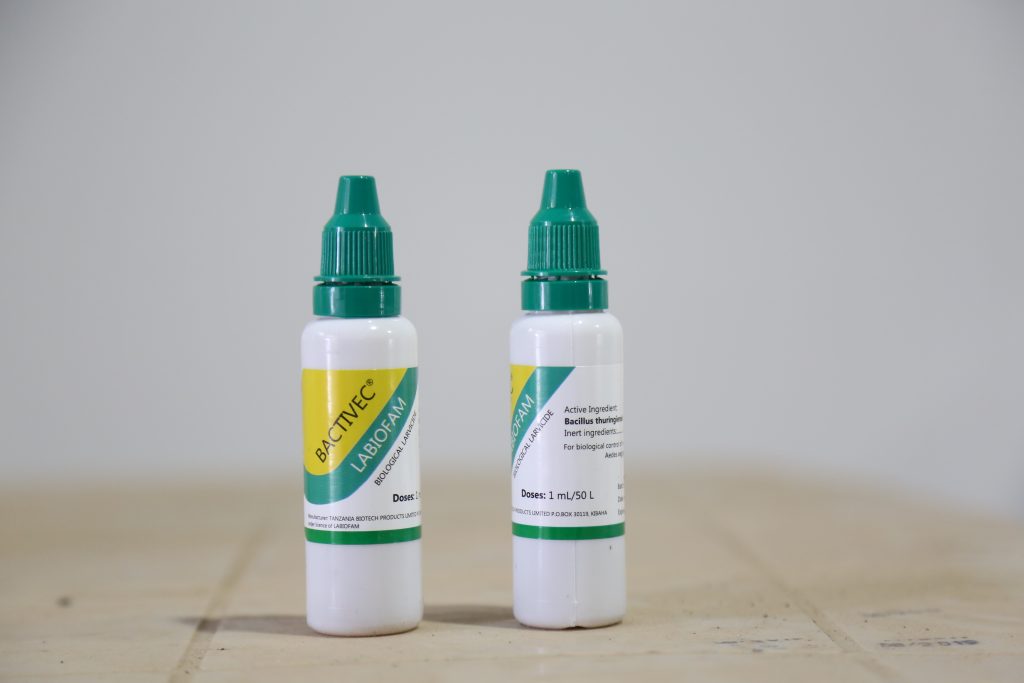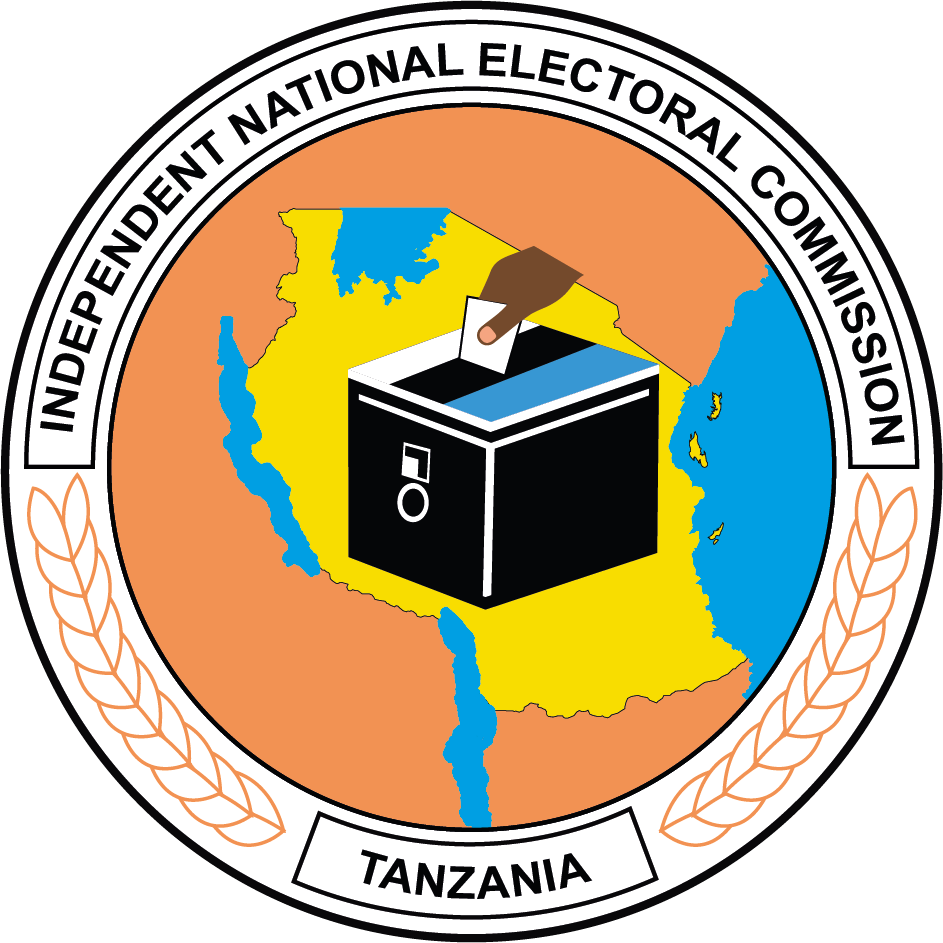The non-governmental organization Doctors Without Borders has purchased a total of 3,500 liters of anti-malarial drugs from the Tanzania Biotech Product Limited (TBPL) factory owned by the National Development Corporation (NDC), located in Kibaha, Pwani Region.
Speaking during the handover, the Head of Marketing Unit at TBPL, Samuel Mziray, expressed satisfaction with the steps taken by Doctors Without Borders to ensure it supports the government in combating Malaria by using environmentally friendly biopesticide compared to other types of interventions being used in fighting against Malaria disease.
Mziray urged public institutions and various stakeholders to ensure they purchase these biopesticide and use them to spray areas where mosquito breeding sites are prevalent to completely eliminate the malaria epidemic, as they are effective in doing so.
On their part, Doctors Without Borders stated that they have been using these drugs regularly and will continue to purchase them because they are highly effective in eliminating mosquito breeding sites compared to other interventions that have adverse effects on the environment. Currently, the 3,500 liters will be used in the Kigoma region to spray refugee settlements.
On the other side, the National Development Corporation (NDC), which owns this factory on behalf of the government through its Managing Director, Dr. Nicolaus Shombe, has consistently urged various institutions in the country to use these Biolavicides in various Malaria eradication campaigns. In addition to producing this biological product, the factory has begun production of biopesticides for various crops, including vegetables and fruits, thus addressing a significant challenge facing farmers in the country.
Tanzania Biotech Product Limited (TBPL) factory is the only plant in Africa that produces biological products, including biopesticide specifically designed to combat mosquito-borne diseases such as Malaria, Zika, and Dengue.
The establishment of this plant was a result of cooperation between the Government of the United Republic of Tanzania and the Government of Cuba where the plant has the capacity to produce over one million liters annually.



